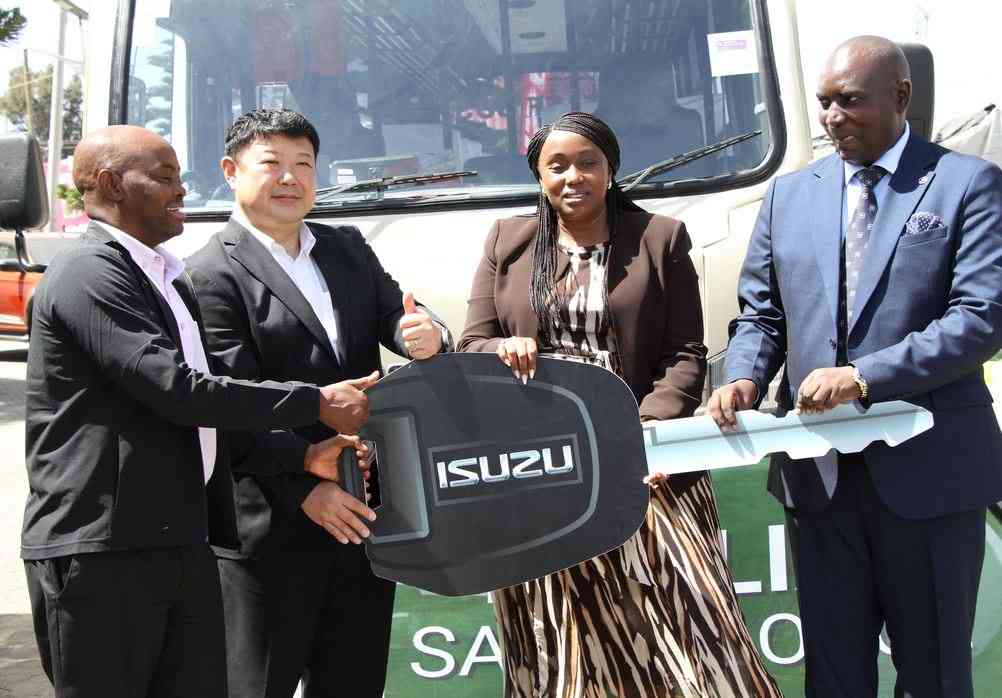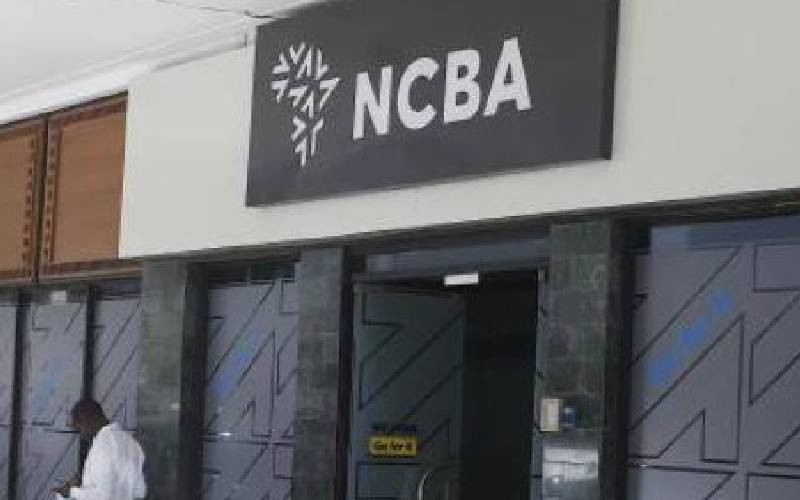×
The Standard e-Paper
Join Thousands Daily

Edith Chumba is a name you hardly miss in Kenya's banking industry.
She plays at an elite level with a chunk of her over 20-year retail banking experience spent impacting businesses at the C-Suite.







